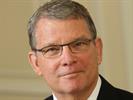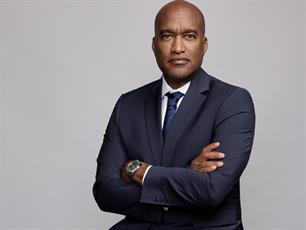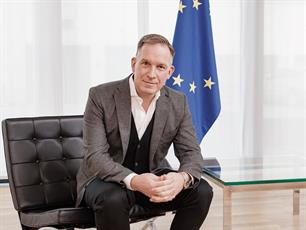Holmes Report 23 Jan 2012 // 12:00AM GMT
NEW YORK--The 12th edition of Edelman's Trust Barometer reveals a "systemic decline in trust", with survey respondents considerably happier to put their faith in individuals rather than institutions.
Amid continued financial and political chaos, the study found that trust in government had plummeted by nine points to 43 percent globally. Trust in business fell by three points to 53 percent, while CEO credibility slumped by to 38 percent from 50 percent in 2010.
Produced by StrategyOne, the Trust Barometer polls 5,600 wealthy, well-educated and well-informed respondents in 25 countries
A number of countries - including France, Spain, Brazil, China, Russia, and Japan - saw government trust drop by more than ten points. Government officials are now the least credible spokespeople, with only 29 percent considering them trustworthy.
Nearly half of the general population—the first time the Barometer surveyed this broader group—do not trust government leaders to tell the truth.
However, the study revealed that a a “person like me” had re-emerged as one of the three most credible spokespeople, with the biggest increase in credibility since 2004, and now trails only academics and technical experts.
In addition, regular employees jumped from least credible spokesperson to tied for fourth on the list, with a 16-point record rise. Social-networking, micro-blogging, and content-sharing sites witnessed the most dramatic percentage increase as trusted sources of information about a company, rising by 88, 86, and 75 percent, respectively.
“This is further evidence of the dispersion of authority,” said Edelman CEO Richard Edelman. “Smart businesses will talk to employees first, because citizens now trust one another more than they do established institutions.”
Trust in media also rose, to above 50 percent. It experienced significant regional increases in India (20 points), the US (18 points), the UK (15 points) and Italy (12 points). Edelman practices and insights CEO Alan VanderMolen attributed the surprising result to the wider range of options that media companies now deliver, and its "exceptional" coverage of the EU's financial woes.
According to the survey, business is now substantially more trusted than government, leading Edelman to suggest that businesses could play a bigger role as long as they are seen "both as a force for good and an engine for profit."
For example, 49 percent of global respondents believe government does not regulate business enough. Nearly one-third want government to protect them from irresponsible business practices and one-quarter want regulation that will ensure responsible corporate behavior.
China was the only country to see a significant increase in trust in business, rising from 61 to 71 percent. In post-earthquake Japan, meanwhile, trust fell severely in three of the four institutions including government, media, and NGOs.
“The fragility of trust was never more evident than this past year in Japan, where the government’s lack of leadership and the local utility’s poor transparency revealed huge shortcomings in the command-and-control approach to communications,” said Edelman.
Brazil saw the greatest drops in trust across all major institutions, which the report puts down to a "return to normalcy" after being awarded the 2014 World Cup, the 2016 Olympics and electing a new president last year.
Once again, banks and financial services declined in trust, and were the two least trusted sectors with France, Spain, Brazil, Japan, and South Korea recording the most severe drops. Technology remained the most trusted sector globally.


































.jpg)




.tmb-135x100.png)












